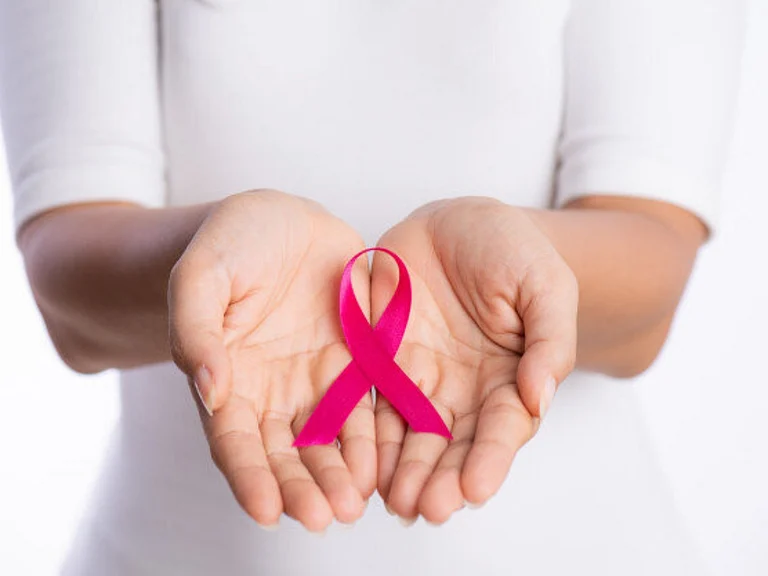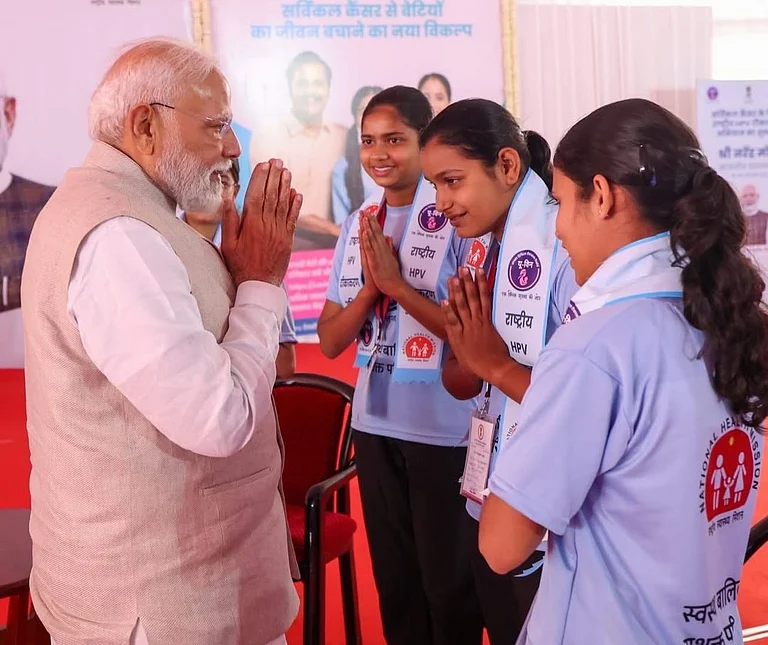
Summary of this article
Less than 20% of women in low- and middle-income countries are diagnosed with cancer at an early stage, a new global study has found.
Researchers linked the disparity to weak health systems, limited screening access, and social barriers.
The study calls for urgent investment in early detection and women’s cancer care to bridge global survival inequalities.
A new global study has revealed that fewer than 20% of women in low- and middle-income countries (LMICs) are diagnosed with cancer at an early stage, highlighting a deep divide in global cancer care and survival outcomes.
The research, conducted under the VENUSCANCER initiative and led by the London School of Hygiene & Tropical Medicine, examined data from more than 275,000 women across 39 countries. It found that early-stage diagnosis rates for major cancers affecting women — including breast, cervical, and ovarian cancers — remain critically low in developing nations compared to high-income countries.
In wealthier countries, over one in three women are diagnosed early, when treatment is most effective. In contrast, in lower-income regions, the proportion drops to less than one in five. For ovarian cancer specifically, the rate of early detection in LMICs was found to be below 20%, underscoring limited access to diagnostic facilities and cancer screening programmes.
Researchers said late detection is a major factor behind poor survival rates among women in low-resource settings. Limited awareness, social stigma, and inadequate healthcare infrastructure further delay diagnosis and treatment.
The study’s authors have called for urgent investments in women’s cancer prevention and early detection programmes, including community-based screening, affordable diagnostics, and stronger referral systems. They emphasised that improving early-stage diagnosis could drastically reduce preventable deaths and narrow the survival gap between high- and low-income countries.






















